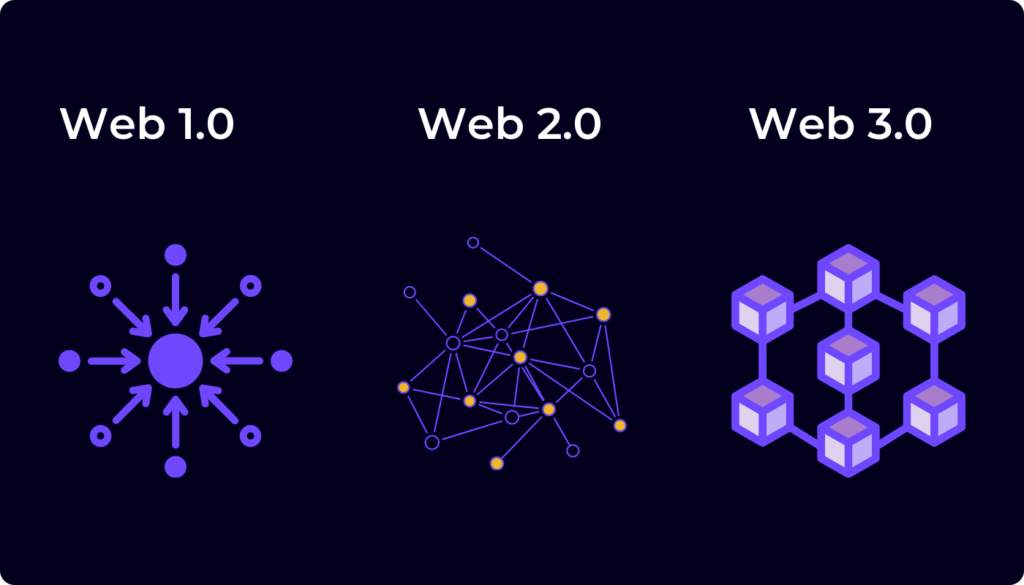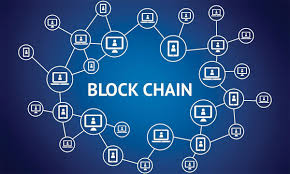Why Blockchain? Understanding the Technology of the Future
Blockchain technology has become a buzzword in various industries, from finance to healthcare, and even in creative sectors like art and entertainment. But why is blockchain gaining so much attention? What makes it so special, and who can benefit from it? Let’s dive into why blockchain is revolutionary and the prerequisites for getting involved.
The Internet Today: A Double-Edged Sword
The internet, as we know it, is a remarkable technology that has transformed how businesses operate. Companies like Amazon and Google owe their success to the internet. However, despite its many advantages, the internet has some significant drawbacks, primarily due to its centralization.
While the internet was initially meant to be open and accessible to everyone, it is now controlled by a handful of companies. This centralization creates power imbalances, limiting the freedom and control that users have over their data and online interactions.
Another major issue with the current internet model is the reliance on intermediaries for online transactions. For example, if you want to send money to someone, a bank or payment service like PayPal is required to facilitate the transaction. These intermediaries not only charge hefty fees but also introduce delays, especially in international transactions, which can take hours or even days to complete.
Have you ever experienced a delay in sending money, particularly with international transfers? This frustration highlights the inefficiencies in our current system.
The Need for Decentralization
One potential solution to these issues is decentralization, where power and control are distributed rather than held by a central authority. However, even with decentralization, a fundamental problem remains: trust.
Imagine you decide to send money to someone without using a bank or any other intermediary. How can you be sure that the recipient won’t later claim that they never received the funds? This lack of trust is a major hurdle in implementing decentralized systems.
Enter Blockchain: The Trust Machine
Blockchain technology addresses the trust issue by creating a transparent, immutable ledger where every transaction is recorded and can be verified by anyone. This ledger acts as a single source of truth, ensuring that transactions are trustworthy and transparent.
A blockchain ledger is like a database, but with a key difference: it’s immutable, meaning that once data is stored, it cannot be altered or deleted. This immutability is crucial for maintaining trust and transparency in a decentralized system.
The Role of Cryptography
The entire blockchain system is built on cryptography, a method of securing information by transforming it into a code. The word “cryptography” comes from the Greek words “crypt,” meaning hidden or secret, and “graphy,” meaning written. In the context of blockchain, cryptography ensures that data remains secure, even though the ledger is open source and accessible to everyone.
Let’s break down how cryptography enhances the blockchain:
- Confidentiality: Although the blockchain is open source, meaning anyone can access the ledger to see stored transactions, cryptography ensures that sensitive data remains confidential. This is achieved through encryption, where data is transformed into a code that only authorized parties can decrypt and read.
- Integrity: Since anyone can access the blockchain, there’s a risk that someone might try to alter the data. However, cryptography maintains the integrity of the data by ensuring that any tampering is immediately detectable. This guarantees that the data on the blockchain is accurate and trustworthy.
- Non-repudiation: In the blockchain, non-repudiation means that once a transaction is recorded, the sender cannot deny sending the funds, and the receiver cannot deny receiving them. This feature is vital for maintaining trust in decentralized systems.
- Authentication: Finally, cryptography helps with authentication, ensuring that the person claiming to send or receive funds is indeed who they say they are. This is done through encryption and decryption processes that verify the identity of users, preventing identity fraud on the blockchain.
Prerequisites for Blockchain
Getting into blockchain doesn’t require a specific background, but certain skills and knowledge can be beneficial:
- Basic Understanding of Technology: Familiarity with how the internet works and a general understanding of technology will help you grasp blockchain concepts more quickly.
- Cryptography Basics: Since blockchain relies heavily on cryptography, a basic understanding of encryption and decryption processes is essential.
- Programming Knowledge: While not mandatory, knowledge of programming languages, especially those used in blockchain development like Solidity for Ethereum, can give you an edge.
- Understanding Decentralization: A clear understanding of how decentralized systems work and the benefits they offer over centralized systems is crucial.
- Continuous Learning: Blockchain is a rapidly evolving field. Staying updated with the latest developments and continuously learning will keep you ahead in the game.
Conclusion
Blockchain is more than just a buzzword; it’s a transformative technology that promises to decentralize power, enhance trust, and revolutionize industries. By understanding the need for blockchain, the role of cryptography, and the prerequisites for diving into this field, you’ll be better equipped to navigate and contribute to this exciting frontier of technology.
ENG WANJIKU
Views: 66




